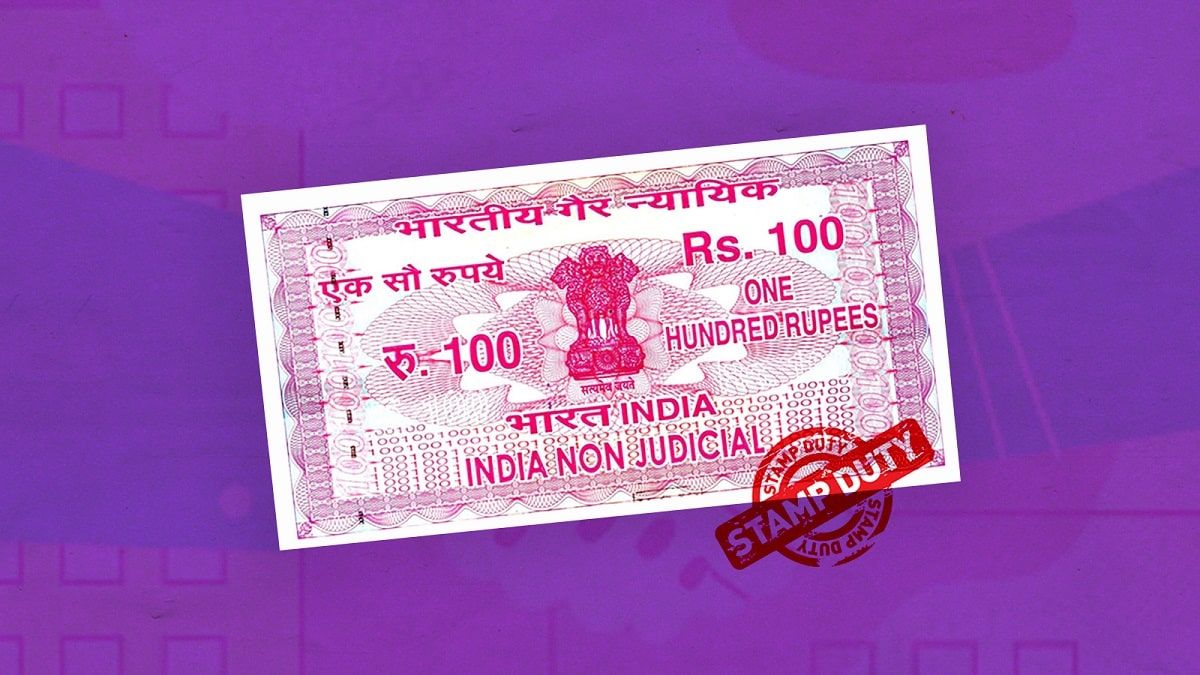When purchasing a property, whether residential or commercial, one of the critical financial considerations is the Stamp duty. Stamp duty is a tax levied by the government on the legal recognition of documents, particularly those related to the sale and transfer of assets or property. Understanding stamp duty is crucial for anyone involved in the property market, as it impacts the overall cost of acquiring real estate.
Understanding Stamp Duty
Stamp duty is essentially a tax imposed on property transactions. The amount payable varies depending on the property’s value, the type of property, and the location. This tax is typically calculated as a percentage of the property’s purchase price or market value, whichever is higher. The purpose of stamp duty is to formalize the transaction and ensure it is legally binding.
History and Purpose of Stamp Duty
The concept of stamp duty dates back several centuries and was initially introduced to raise revenue for the government. Over time, it has evolved to serve multiple purposes, including the regulation of property transactions and the generation of funds for public infrastructure and services. By imposing stamp duty, governments can maintain accurate records of property ownership and transfers, which is essential for legal and administrative purposes.
How Stamp Duty is Calculated
Factors Influencing Stamp Duty Rates
- Property Value: The primary determinant of stamp duty is the value of the property. Higher-valued properties attract a higher stamp duty rate.
- Property Type: Residential properties often have different stamp duty rates compared to commercial properties.
- Location: Stamp duty rates can vary significantly from one region to another. Local government regulations play a key role in determining these rates.
- Buyer Status: First-time homebuyers, investors, and companies may be subject to different stamp duty rates or exemptions.
Stamp Duty Calculators
To assist buyers in estimating the stamp duty payable, many governments and real estate platforms offer online stamp duty calculators. These tools require inputs such as the property value, location, and type, and provide an approximate figure for the stamp duty.
Exemptions and Concessions
First-Time Homebuyer Concessions
Many governments offer stamp duty concessions or exemptions for first-time homebuyers to encourage property ownership. These concessions can significantly reduce the financial burden on new buyers, making it easier for them to enter the property market.
Off-the-Plan Purchases
Buying a property off-the-plan, or before it is built, can sometimes result in lower stamp duty. This is because the duty may be calculated based on the land value rather than the completed property’s value, leading to substantial savings.
Transfers Between Family Members
In certain circumstances, property transfers between family members, such as through inheritance or marriage, may be exempt from stamp duty. These exemptions are subject to specific conditions and vary by jurisdiction.
Stamp Duty Process
Steps Involved in Paying Stamp Duty
- Property Valuation: The first step is determining the property’s market value, which serves as the basis for calculating stamp duty.
- Document Preparation: All necessary legal documents must be prepared and stamped with the appropriate duty.
- Payment of Duty: The stamp duty must be paid to the relevant government authority. This can often be done online or through designated financial institutions.
- Stamping of Documents: Once the duty is paid, the documents are stamped as proof of payment, completing the legal formalization of the property transfer.
Deadlines and Penalties
It is crucial to pay stamp duty within the specified deadlines to avoid penalties. Late payment can result in hefty fines and legal complications, emphasizing the importance of timely compliance.
Impact of Stamp Duty on Property Market
Buyer Behavior
Stamp duty significantly influences buyer behaviour. High stamp duty rates can deter potential buyers, especially in high-value property markets. Conversely, concessions and exemptions can stimulate market activity by making property purchases more affordable.
3 BHK Apartments For Sale in Hyderabad ▶ CLICK HERE
Property Prices
The imposition of stamp duty can also affect property prices. Sellers may adjust their prices to account for the additional costs buyers incur, potentially leading to a more balanced market. In some cases, the anticipation of stamp duty changes can cause fluctuations in property prices as buyers rush to complete transactions before new rates take effect.
Government Revenue
Stamp duty is a substantial source of revenue for governments, funding various public services and infrastructure projects. The revenue generated from stamp duty can be reinvested into the community, improving amenities and boosting overall economic development.
Recent Changes and Trends in Stamp Duty
Reforms and Adjustments
Governments periodically review and adjust stamp duty regulations to align with economic conditions and market dynamics. Recent reforms have focused on making the property market more accessible to first-time buyers and ensuring a fairer tax system.
Impact of COVID-19
The COVID-19 pandemic has had a profound impact on the property market and stamp duty policies. In response to economic challenges, some governments have introduced temporary stamp duty relief measures to stimulate the real estate sector and support recovery.
Conclusion
Stamp duty is a crucial aspect of property transactions, influencing buyers and the broader property market. Understanding how stamp duty works, the factors affecting its calculation, and the available exemptions can help buyers make informed decisions and manage their finances effectively. As governments continue to adjust stamp duty policies in response to market conditions, staying informed about these changes is essential for anyone involved in the property market.






